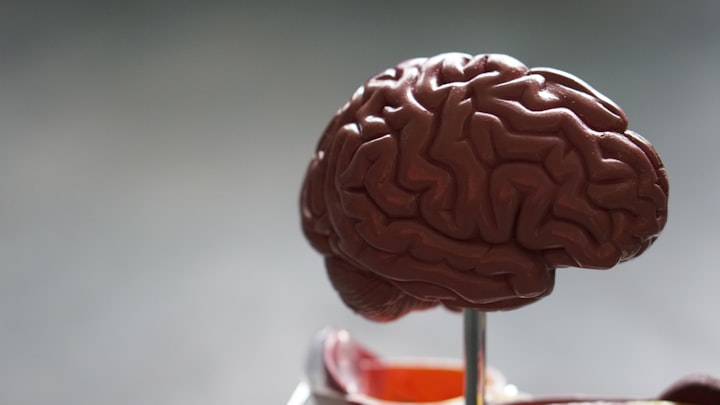How Can Men Manage Physiological Dysfunction with Prostatitis?
Do you have physiological dysfunction with prostatitis?

Prostatitis is a commonly encountered ailment among men, causing both physical discomfort and potential physiological dysfunctions that significantly affect their quality of life. While this challenge may seem daunting, there are various strategies to tackle the physiological dysfunctions associated with prostatitis.
1. Seek Early Medical Attention
Seeking professional medical care in a timely manner is an imperative step that cannot be overstated when dealing with the complexities of prostatitis. The moment there is even a suspicion of having prostatitis, it is essential not to procrastinate or delay in seeking the necessary medical assistance. Early intervention holds the key to effectively alleviating the array of symptoms associated with this condition and, more crucially, preventing any potential further deterioration of the patient's health.
2. Pharmaceutical Treatment
Pharmaceutical treatment is a conventional approach for managing prostatitis. Physicians may prescribe anti-inflammatory drugs, antibiotics, or other appropriate medications to alleviate inflammation and pain. These medications play a crucial role in restoring prostate functionality and improving physiological dysfunctions.
For individuals with chronic prostatitis who do not respond well to antibiotics, traditional Chinese medicine offers an effective alternative. The Diuretic and Anti-inflammatory Pill is known for its efficacy in eliminating symptoms and addressing root causes without adverse effects.
3. Physical Therapy
Physical therapy represents a highly pragmatic and clinically valuable treatment approach for prostatitis, with the expertise of trained physical therapists being instrumental in its effectiveness. In the realm of this therapeutic strategy, physical therapists employ a comprehensive array of specialized techniques, encompassing therapeutic massage, targeted heat application, and physiotherapy, all aimed at ameliorating the multifaceted and often debilitating spectrum of prostatitis symptoms experienced by patients.
4. Self-Care Measures
Patients can take charge of their well-being by adopting self-care measures to alleviate physiological dysfunctions stemming from prostatitis. Embrace healthy habits like regular exercise, adequate rest, and a balanced diet to boost immunity and facilitate recovery.
Additionally, avoid prolonged sitting or cycling to reduce pressure on the prostate gland. Limit continuous cycling time to 30 minutes and take breaks for activities or rest during extended journeys. Adjust the car seat angle appropriately, use a soft cushion to reduce pressure on the prostate, and prevent or mitigate chronic prostatitis.
5. Effective Communication
Open and honest communication between patients and their partners is vital when confronting physiological dysfunctions. Such conversations foster understanding and support, reducing emotional stress and enabling collaborative solutions. Psychological counseling or therapy may also be beneficial in addressing emotional distress linked to physiological dysfunctions.
6. Complementary Therapies
Patients can explore complementary therapies to enhance physiological function. Traditional Chinese medicine techniques, like herbal therapy and acupuncture, have shown promise in relieving prostatitis symptoms and physiological dysfunctions. However, guidance from qualified medical professionals is crucial when considering these complementary therapies.
7. Maintain a Positive Attitude
Dealing with physiological dysfunctions resulting from prostatitis can induce psychological pressure and anxiety. Learning to relax both body and mind and managing stress is essential. Deep breathing, relaxation exercises, and meditation can alleviate anxiety and stress.
8 Hydration and Engaging Interests
Hydration and Engaging Interests Adequate water intake throughout the day and refraining from drinking water after 8 pm can lead to better sleep at night. Finding enjoyable and engaging activities can alleviate the discomfort caused by illness.
Additionally, mastering stress and anxiety management techniques, including deep breathing, relaxation exercises, meditation, and psychological counseling, can significantly enhance emotional health and effectively address the difficulties associated with chronic prostatitis.
In conclusion, while prostatitis may lead to physiological dysfunctions, there is hope for improvement. Timely medical attention, professional treatment, self-care measures, open communication, a positive mindset, and complementary therapies can effectively address the physiological dysfunctions associated with prostatitis and enhance the quality of life.
About the Creator
Amanda Chou
Looking to restore your life troubled by prostatitis, epididymitis, seminal vesiculitis and other male reproductive system diseases? Here are the resource to help you in this endeavor.






Comments
There are no comments for this story
Be the first to respond and start the conversation.